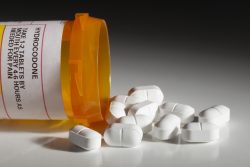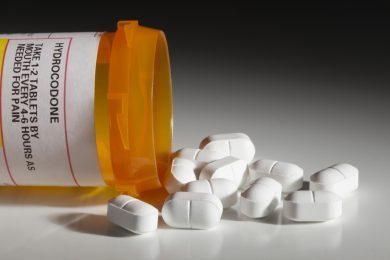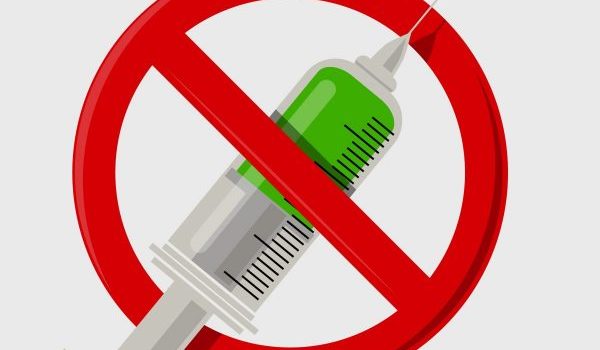The FDA may have limited authority to reduce the number of opioid medications in circulation at any given time, but its commissioner, Scott Gottlieb, MD, is appealing to urgent care physicians, and prescribers everywhere, to take action. For starters, he said, the agency would like to construct “expert guidelines” informed by the medical community, with the idea that those guidelines could ultimately be reflected in drug labeling (over with the FDA does have authority). Speaking …
Read More








